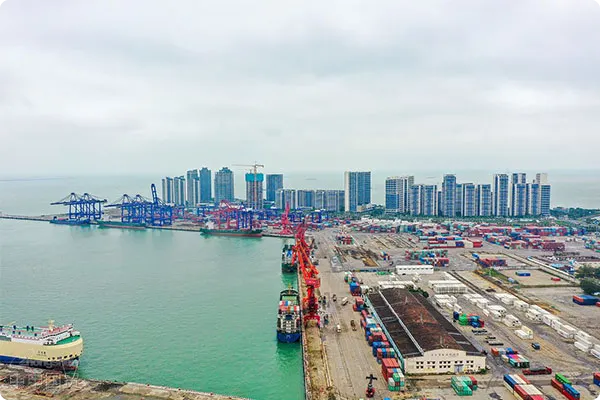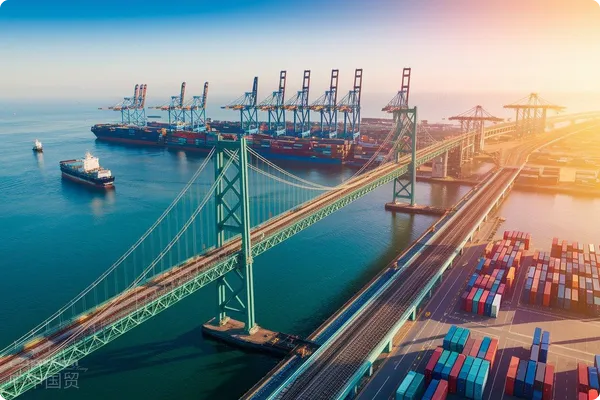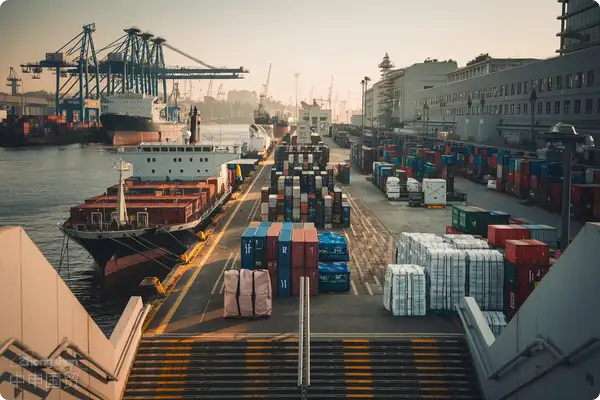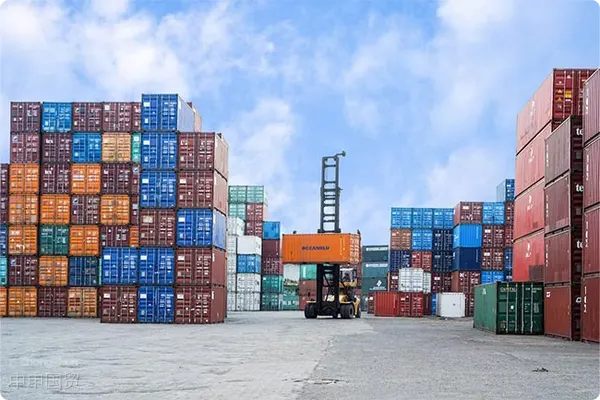- Shanghai Zhongshen International Trade Co., Ltd. - Two decades of trade agency expertise.
- Service Hotline: 139 1787 2118

When companies seek agencyExport Drawbackservices, the fee schedule is an important reference. Understanding the fee schedule for export tax rebate agency services helps companies plan costs effectively, choose the right agency, and promotes transparency and standardization in the agency services market. This article will delve into the components of the fee schedule, influencing factors, and key considerations for companies when facing different fee standards.
Components of the Export Tax Rebate Agency Fee Schedule
Basic service fees This is the core charging part of the export tax rebate agency service. It covers the basic labor costs invested by the agency in handling export tax rebate business for enterprises, including the salary expenses of professionals who are familiar with export tax rebate policies and regulations. These personnel need to sort out, review, and analyze various documents provided by enterprises, such as customs declaration forms, VAT invoices, and export contracts. In addition, the basic service fees also include the costs generated by the agency for tax rebate declaration, communication and coordination with the tax department, and other routine operations.
This is the basic component of the export tax rebate agency fee schedule. It covers the costs of routine services provided by agencies for handling export tax rebate procedures, such as organizing customs declarations, reviewing rebate documents, and coordinating with customs and tax authorities. These fees are typically based on the scale of export business, either as a percentage of export value or a fixed amount depending on the complexity of the business. For example, for simple export transactions of small businesses, agencies may charge a relatively low fixed basic service fee. For larger export volumes involving multiple countries and regions with complex rebate policies, the basic service fee may be calculated as a percentage of the export value (e.g., 0.5% – 2%).
Value-Added Service Fees
In addition to basic services, agencies may offer value-added services, the fees for which are listed separately. Value-added services include but are not limited to consulting on special rebate policies, export tax rebate risk assessments, and providing customized rebate process optimization solutions for companies. For example, if a company requires an agency to conduct in-depth research on rebate policies for specific products or trade models and develop a tailored plan, the agency will charge corresponding value-added service fees based on the manpower, time, and expertise involved. These fees may be charged as a one-time amount, ranging from several thousand to tens of thousands of yuan, depending on the complexity of the project.
Additional Cost Items
The export tax rebate agency fee schedule may also include additional cost items. For instance, if a company requires expedited processing of rebate procedures, the agency may charge an expedited service fee. This is because expedited processing requires the agency to allocate additional manpower and resources to prioritize the companys rebate application. Additionally, if special circumstances arise during the rebate process—such as responding to special audits by customs or tax authorities or submitting extensive supplementary documentation—the agency may charge additional coordination fees based on the actual situation. These additional fees are typically calculated separately based on actual occurrences.
Factors Influencing Export Tax Rebate Agency Fee Standards
Company Size and Export Volume
Company size and export volume are key factors influencing fee standards. Generally, large companies with high export volumes and frequent transactions allow agencies to achieve economies of scale when handling their rebate applications. While the processing cost per transaction may be relatively low, the overall volume leads to higher total fees, often calculated as a percentage of export value. Conversely, small businesses with low export volumes incur higher processing costs per transaction, leading agencies to charge lower fixed fees or a higher percentage (but lower absolute amount).
CIF (Cost, Insurance and Freight):
The complexity of the business significantly impacts fee standards. If a companys export business involves multiple products, different trade policies across countries and regions, complex transportation methods (e.g.,Entrepot Trade, multimodal transport), or special rebate policies (e.g., preferential rebate policies for specific industries,Cross-border E-commerceexport tax rebates), agencies must allocate more manpower, resources, and expertise to ensure accurate processing of rebate procedures. In such cases, fee standards will increase, whether as a higher percentage of basic service fees or higher value-added service fees.
Enterprise Scale and Business Volume
The competitive landscape of the export tax rebate agency service market also affects fee standards. In highly competitive markets, agencies may lower their fees to attract clients, particularly for basic services. They might offer more cost-effective service packages, such as reducing the percentage charged on export amounts within a certain range or providing free value-added services (e.g., simple tax rebate policy consultations) to gain market share. In less competitive regions or sectors, agencies may maintain higher fee standards.
III. Key Considerations for Enterprises Regarding Export Tax Rebate Agency Fees
Clarify the Relationship Between Services and Fees
When referring to the export tax rebate agency fee schedule, enterprises should first understand the specific services corresponding to each fee. Ensure that the services provided by the agency match the fees charged to avoid unnecessary costs. For example, if an agency charges higher fees for value-added services, the enterprise should verify whether these services are genuinely needed and whether the agency can effectively deliver them.
Compare Multiple Agencies
To select the most cost-effective export tax rebate agency service, enterprises should compare fee schedules from multiple agencies. Focus not only on the fee amounts but also on factors such as the agencys reputation, expertise, and service quality. Some agencies may offer lower fees but may lack professionalism, efficiency, or transparency in their services. Enterprises can evaluate agencies comprehensively by consulting peers or reviewing client feedback.
Consider Long-Term Cost Efficiency
For enterprises with long-term export business plans, the cost efficiency of long-term collaboration with an agency is a critical factor. Some agencies may offer discounted fee structures for long-term clients, such as gradually reducing basic service fees or setting annual service fee caps. Enterprises can choose agencies that provide stable, high-quality, and reasonably priced services over the long term based on their strategic goals and export growth projections.
Conclusion
The export tax rebate agency fee schedule is a key reflection of the service and fee agreement between enterprises and agencies. Enterprises should thoroughly understand its components and influencing factors to make informed decisions when selecting an agency, ensuring smooth tax rebate operations while effectively controlling costs. At the same time, agencies should continuously optimize their fee standards and improve service quality to adapt to market competition and evolving enterprise needs.
Related Recommendations
? 2025. All Rights Reserved. 滬ICP備2023007705號-2  PSB Record: Shanghai No.31011502009912
PSB Record: Shanghai No.31011502009912










